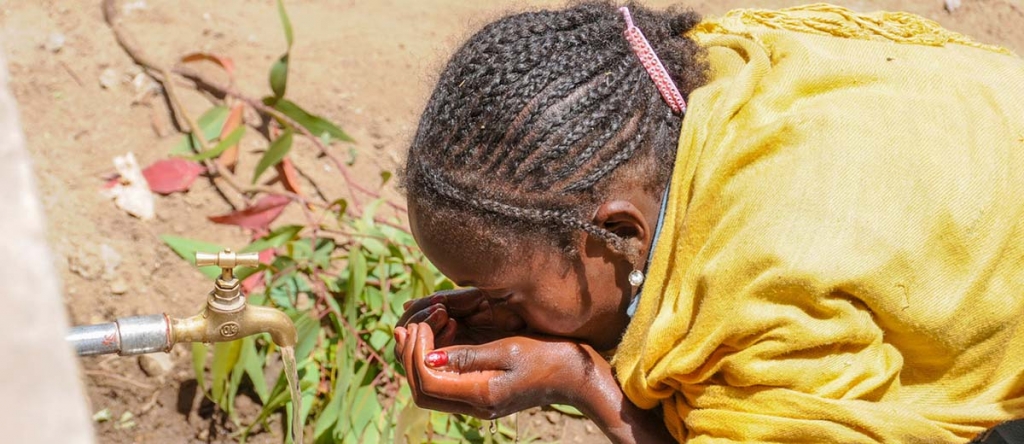ERITREA: Salesian missionaries launch project to bring clean water to Salesian center in Decamerè

(MissionNewswire) Eritrea is among the poorest countries in the world and faces many challenges including water shortages. Salesian missionaries in Decamerè, a town roughly 40 km southeast of the capital city of Asmara, are working to launch a construction project to develop new water supply structures.
Salesian missionaries have been working in Eritrea since 1995. Their mission is focused on education in order to provide youth with skills for employment to support themselves and their families.
Salesian missionaries have a very busy center in Decamerè with a guest house, an aspirantate, a public chapel, an oratory serving more than 600 youth, and Don Bosco Technical School, which currently educates close to 400 students.
The school offers technical courses in automotive, general metal, general mechanics, carpentry, building construction, woodwork or furniture making, electricity, electronics and survey. In addition, students take information technology and academic courses. Each trade course of study is two years long and at the completion, students sit for a national exam. They also enter into military training for six months and are assigned a job by the government. To date, Don Bosco Technical School has educated 2,384 students in various technical disciplines.
Salesian missionaries now need to install two reservoir tanks and a hydraulic system in the mission, otherwise it will become difficult to continue providing the programs and services the community has come to depend on for education and social support.
“Water is essential for life and Salesian missionaries have made it a priority to provide clean safe water for those its serves,” said Father Gus Baek, director of Salesian Missions, the U.S. development arm of the Salesians of Don Bosco. “Improving water access brings a sense of dignity to communities, gives people access to safe drinking water and promotes proper hygiene. This reduces the number of waterborne illnesses that can affect those in our schools and programs, keeping them away from important study time.”
The East African nation of Eritrea has a population of approximately 3.5 million, of which 66 percent is estimated to live in poverty, according to the World Bank. The small country has one of the lowest GDP per capita in the world. While agriculture contributes only 13 percent to the country’s economy, it employs nearly 80 percent of the population. Only 12 percent of the total land is suitable for farming because of Eritrea’s rocky and mountainous terrain, and in part, due to the persistent drought which impacts much of the remaining landscape.
In addition, more than half of the population is under 15 years old, but the school system is inadequate. In order to have access to higher education, students are forced to follow the national service program, a sort of military/civil service initially designed for a year, but since 1998, rendered indefinitely. For all these reasons, around 4,000 people flee the country every month.
###
Sources:
ANS Photo (usage permissions and guidelines must be requested from ANS)
ANS – Eritrea – A little water to benefit a large, great mission
World Bank – Eritrea




